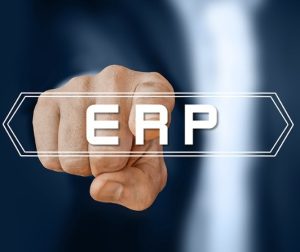
I was asked today about what makes one ERP different from the other and what to take into consideration when selecting a system.
Finding the perfect Enterprise Resource Planning (ERP) system can feel overwhelming. This post post breaks down some of the top contenders, focusing on their key features, ease of implementation, and potential challenges.
Top ERP Systems Compared:
-
Oracle Fusion: A powerhouse with features spanning finance, HR, supply chain, and more. It boasts advanced analytics and customization, but be prepared for potentially complex implementation requiring skilled teams.
-
Infor ERP: Industry-specific solutions are their specialty (like manufacturing and healthcare). They offer strong analytics, user-friendly interfaces, and cloud or on-premise options. Implementation ease can vary depending on the level of customization needed.
-
NetSuite: This comprehensive cloud solution offers features for financials, CRM, and e-commerce. Expect real-time data and scalability, but customization and integrations can extend the implementation timeline.
-
Microsoft Dynamics 365: A natural fit for those already using Microsoft products. This modular system allows customization but can get complex. The familiar interface can ease user adoption, but extensive customization can be time-consuming.
-
SAP Business One: Tailored for small to mid-sized businesses, SAP Business One offers a comprehensive suite for financials, sales, and operations. Implementation is generally moderate, but customization can add complexity.
-
Sage Intacct: Cloud-based with robust reporting, Sage Intacct shines in financial management. While scalable, it may require additional systems for full ERP functionality.
-
Epicor: Catering to manufacturing, distribution, and other sectors, Epicor offers industry-specific solutions. While these can streamline some processes, customization can add complexity to implementation.
Finding Your Perfect Fit
-
Oracle Fusion, Microsoft Dynamics 365, NetSuite: Powerful with a wide range of features, but implementation can be complex due to customization needs.
-
Infor ERP, Epicor: Industry-specific solutions can simplify implementation, but customization can still be a challenge.
-
SAP Business One, Sage Intacct: Ideal for small to mid-sized businesses with simpler implementations, but may have limitations in scope and integration complexity.
Remember, the ideal ERP system depends on your organizational unique needs. Consider your existing IT infrastructure, the level of customization required, and the system’s flexibility and scalability. With this guide in hand, you can navigate the ERP maze and find the perfect fit for your business!
